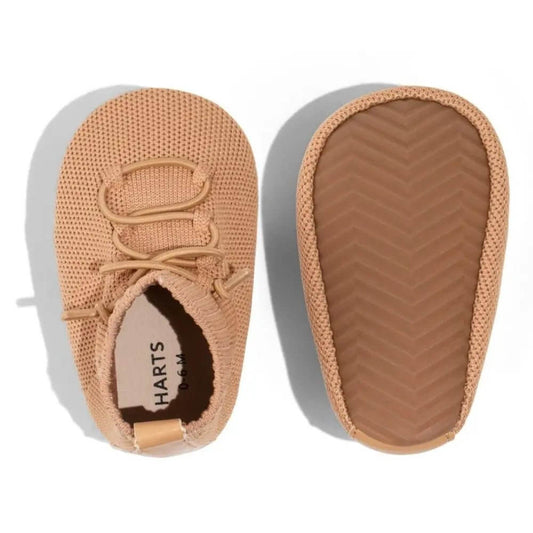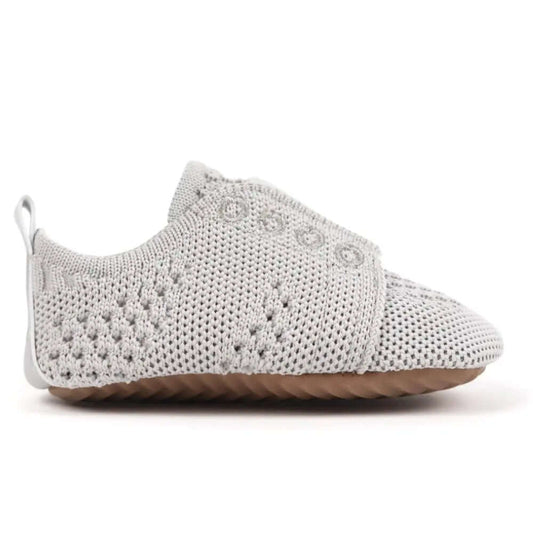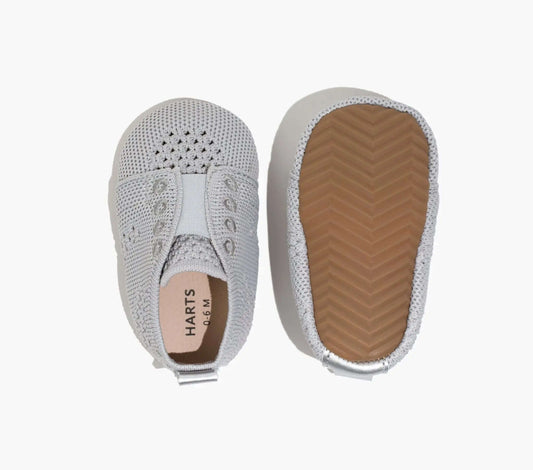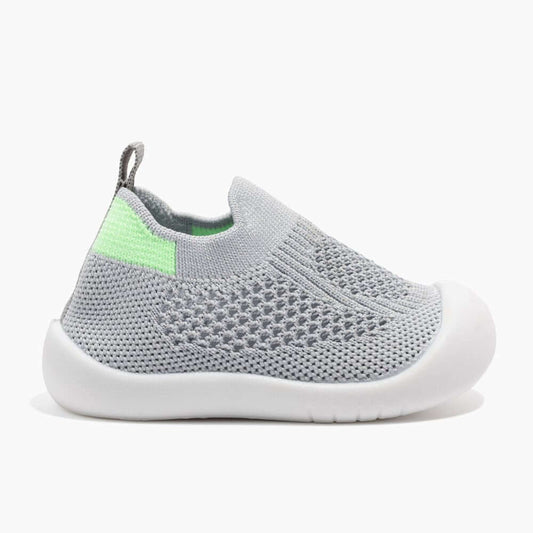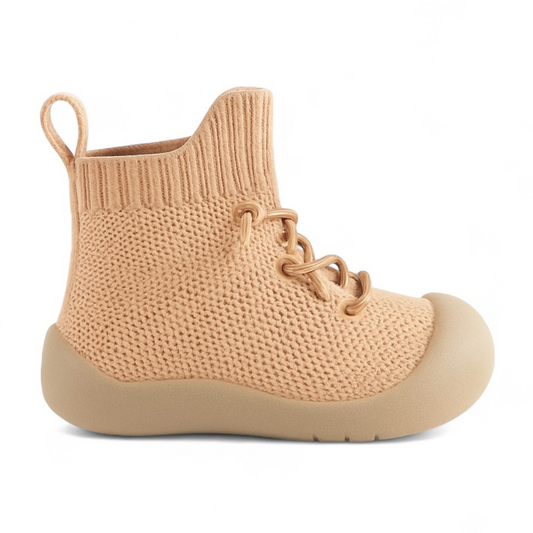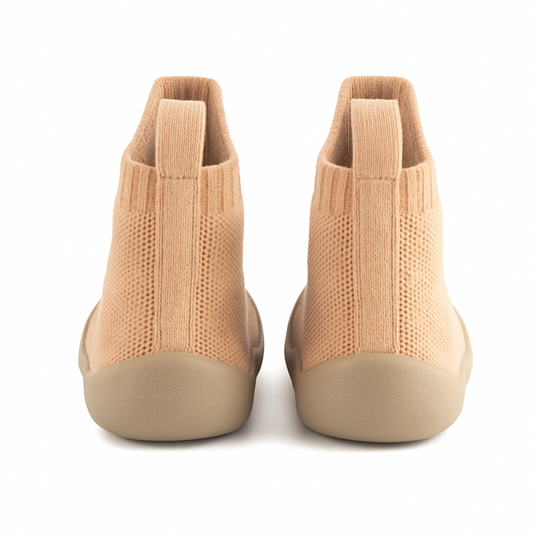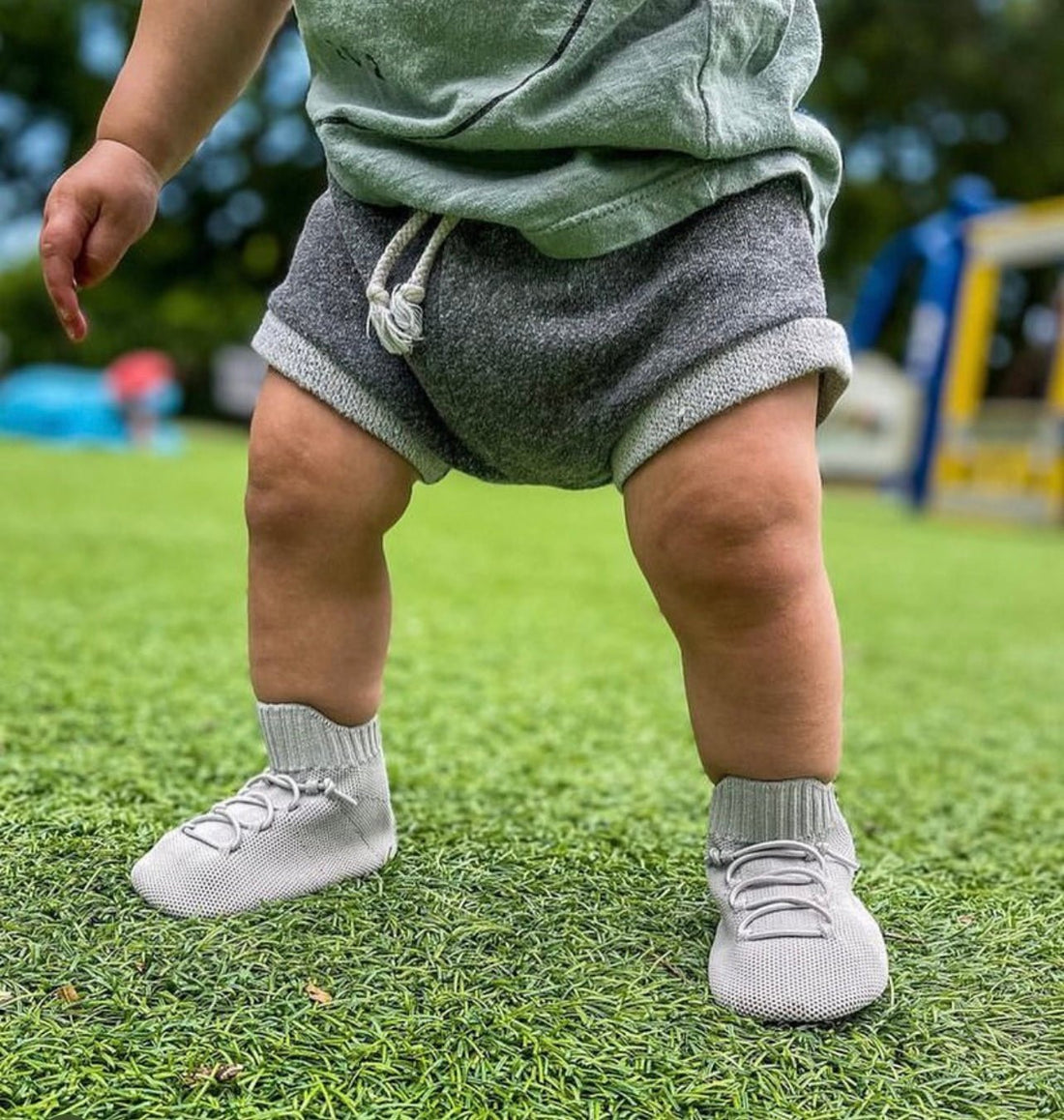
9 Tips to Help a Baby Start Walking
-
Encourage tummy time: Tummy time helps strengthen the baby's neck, back, and core muscles, which are essential for walking. Allow the baby to spend supervised time on their tummy every day.
-
Provide support: Use furniture, toys, or your hands to provide support to the baby while they stand. This helps them develop balance and gain confidence in their ability to support their weight.
-
Use a push toy: A push toy with wheels can be a great aid in helping the baby take their first steps. Choose a sturdy and stable toy that the baby can hold onto and push while walking.
-
Create a safe environment: Clear the area of any obstacles or hazards that could impede the baby's movement. Ensure there is enough space for the baby to explore and practice walking without getting injured.
-
Encourage crawling: Crawling is an important precursor to walking as it helps develop upper body strength and coordination. Allow the baby to crawl and explore their surroundings freely.
-
Hold their hands: Offer your hands for support and let the baby walk while holding onto your fingers. Gradually reduce the level of support as the baby gains strength and balance.
-
Make it fun: Use toys, music, or games to make the walking experience enjoyable for the baby. This can motivate them to keep trying and build their confidence.
-
Celebrate milestones: Celebrate and praise the baby's efforts and achievements along the way. Positive reinforcement can encourage them to continue practicing and progressing.
-
Be patient and supportive: Each baby develops at their own pace, so be patient and avoid rushing the process. Offer continuous support, love, and encouragement throughout their journey.
Remember, every baby is unique, and they will start walking when they are ready. If you have any concerns about your baby's development or if you notice any delays, it's always a good idea to consult with a pediatrician or healthcare professional.



